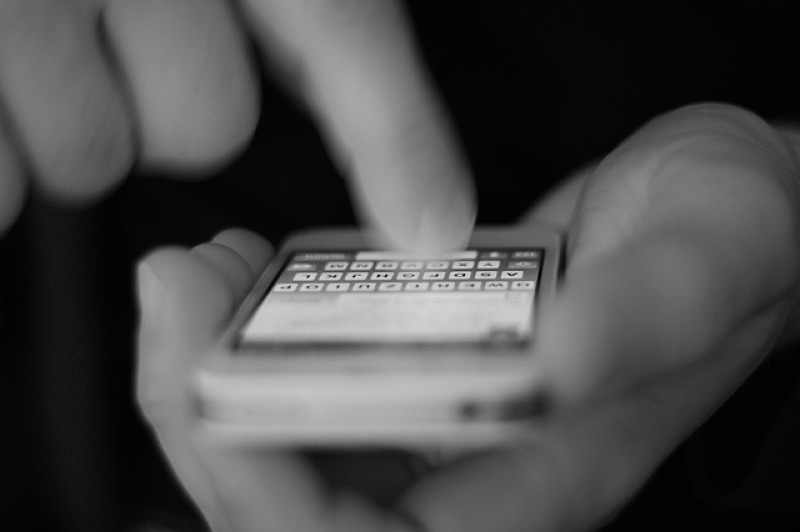
Legislators in Utah are hoping that the governor would pass the proposed H.B. 72, which will require smart phones and tablets to come with a pornography filter to protect minors from exposure to such adult content.
H.B. 72 has passed the Utah House of Representatives and is now on its way to Gov. Spencer Cox's desk for his signature or veto. Legislators are hopeful that the governor would sign the bill into law, so that it would require mobile phone and tablet vendors in the state to install anti-porn filters to protect minors from inadvertent exposure to such content.
According to The Blaze, Utah was the first state in the union to formally declare pornography as a "public health crisis" in 2016. Utah legislators argued that porn addiction was an "epidemic" and that its harmful psychological and physiological effects must be combated with education, prevention, research, and policies, the latter of which is now being passed on to the governor's desk for his signature.
Just last year, Utah passed onto law, without the governor's support, a bill that would require the pornography industry to place a warning label on all of its content. That legislation was H.B. 243.
"Exposing minors to pornography is known to the state of Utah to cause negative impacts to brain development, emotional development, and the ability to maintain intimate relationships," H.B. 243 read, as per KUTV. "Such exposure may lead to harmful and addictive sexual behavior, low self-esteem, and the improper objectification of and sexual violence towards others, among numerous other harms."
Now the new H.B. 72 will require anti-porn filters on smartphones and other such devices sold or manufactured in Utah. The filter will be activated once the device is purchased and used, enabling adult users to turn the filter on or off depending on who will use the device.
The proposed legislation also places device manufacturers in a situation in which they can be sued if they do not meet the requirements of H.B. 72. Manufacturers of smart devices have already made a concession to agree that the bill will only take effect if five other states would pass laws with similar requirements. Meanwhile, some organizations have already shown their support for Utah's H.B. 72.
Dawn Hawkins, executive director of the National Center on Sexual Exploitation, affirmed the bill, saying, "Utah has passed a critical, common sense solution to help protect vulnerable children from accessing harmful pornographic content on phones and tablets."
H.B. 72 has also earned a number of detractors, as they believe the anti-porn filters on smartphones hampers one's freedom of speech. Others claim that the attack on the pornography industry is a blatant disregard on more pressing issues such as the lack of proper sex education for the youth.
The Associated Press reported that Washington D.C. internet policy group Center for Democracy and Technology has expressed their opposition to the proposed bill. Policy Director Samir Jain told AP, "You've basically got the state mandating the filtering of lawful content. That raises immediate First Amendment flags."

































